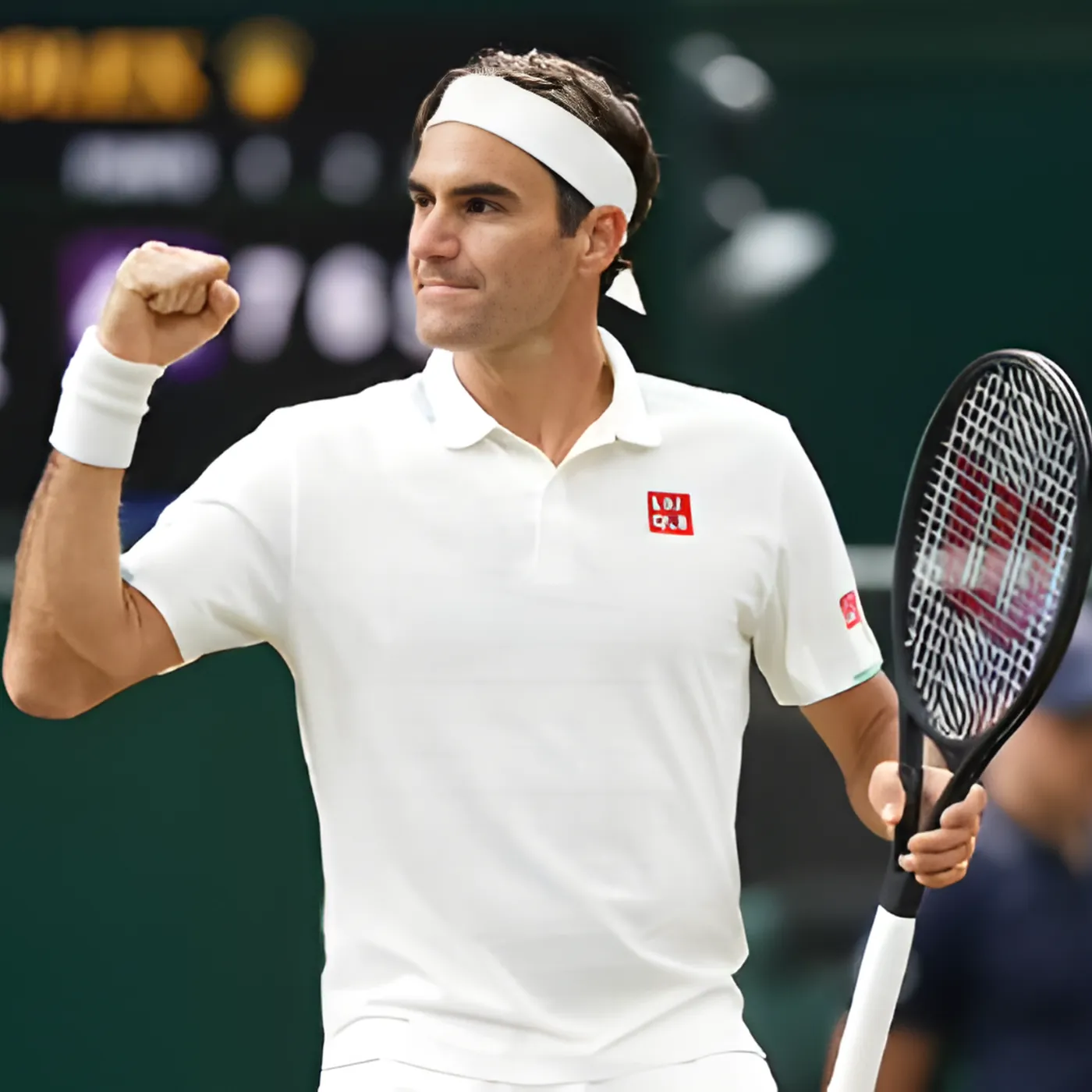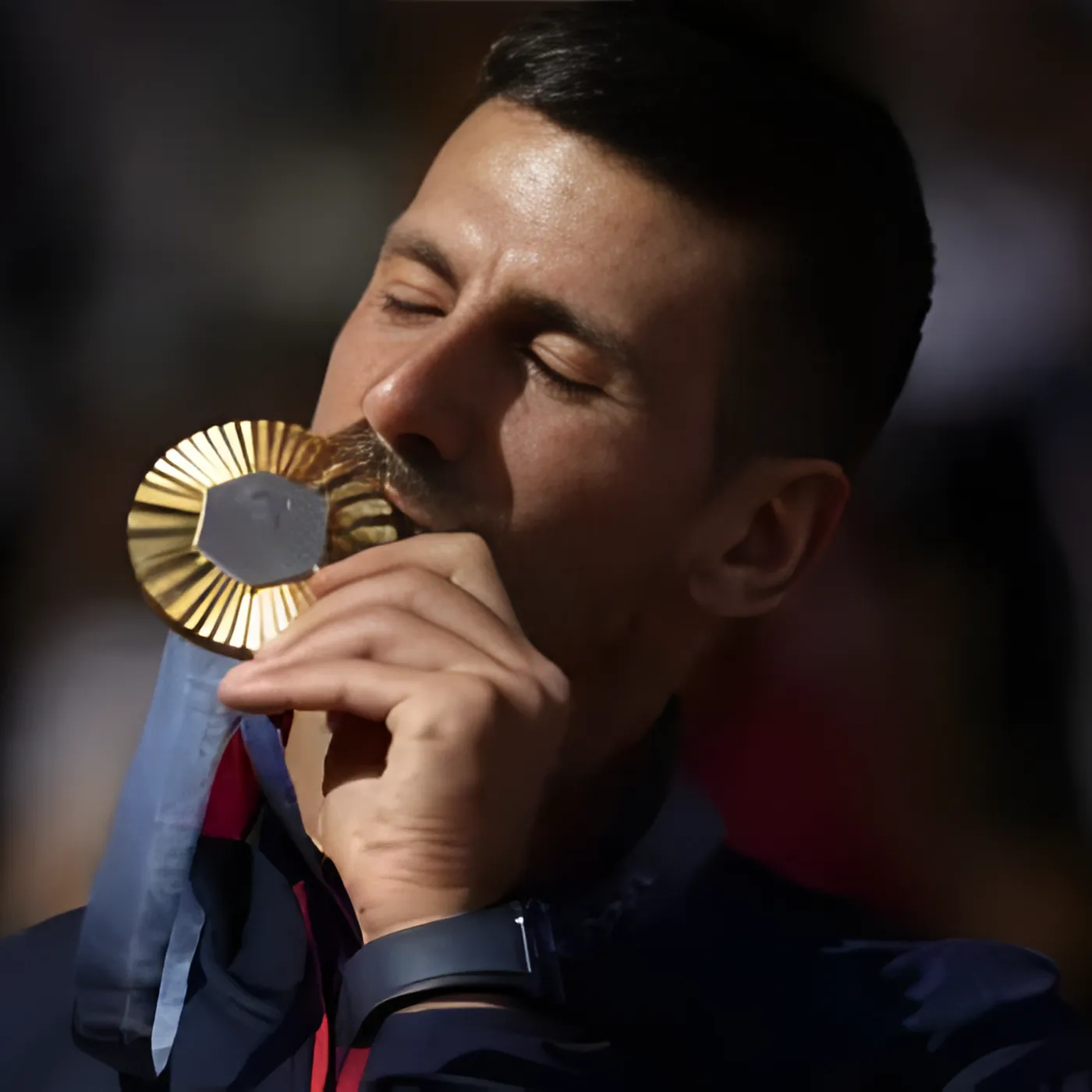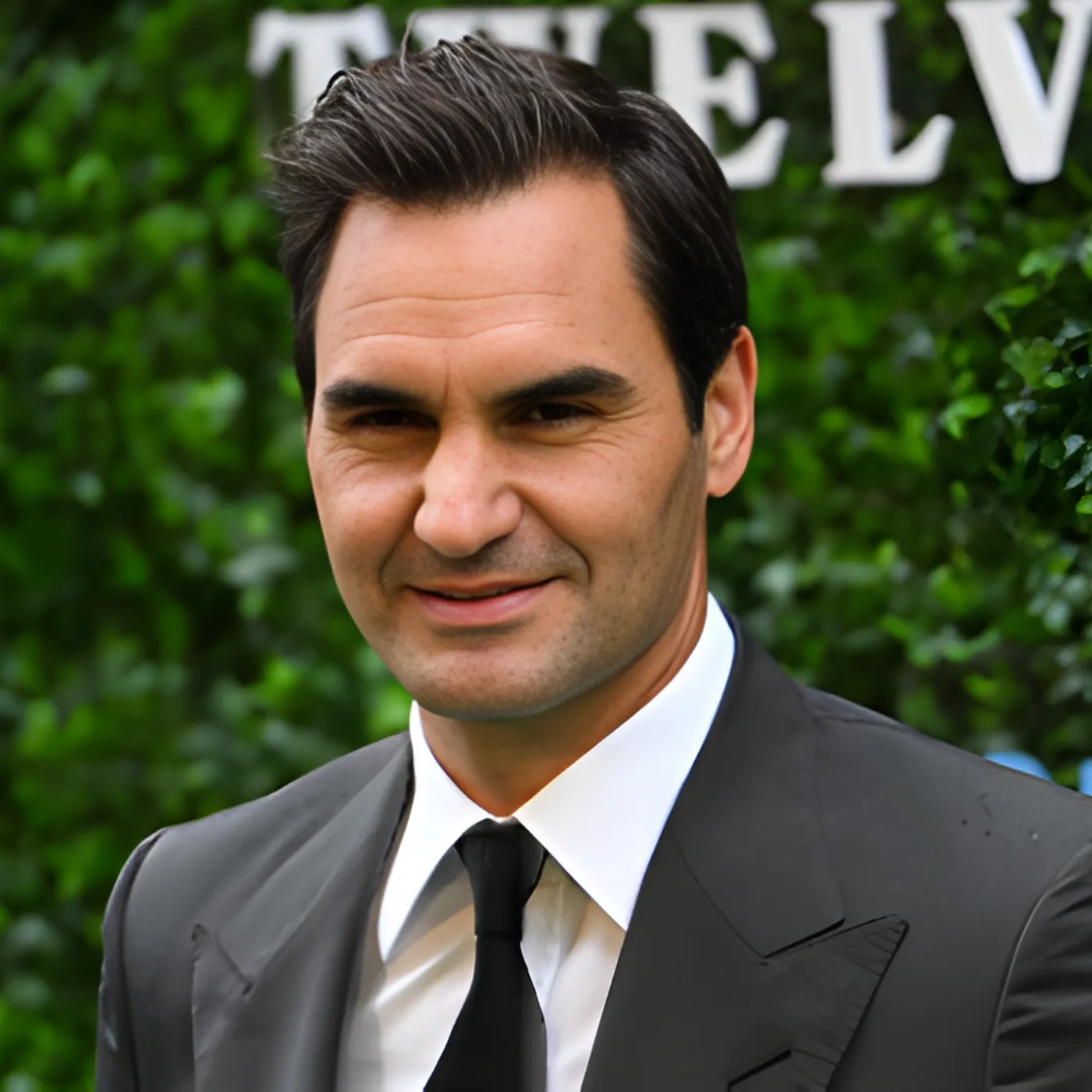
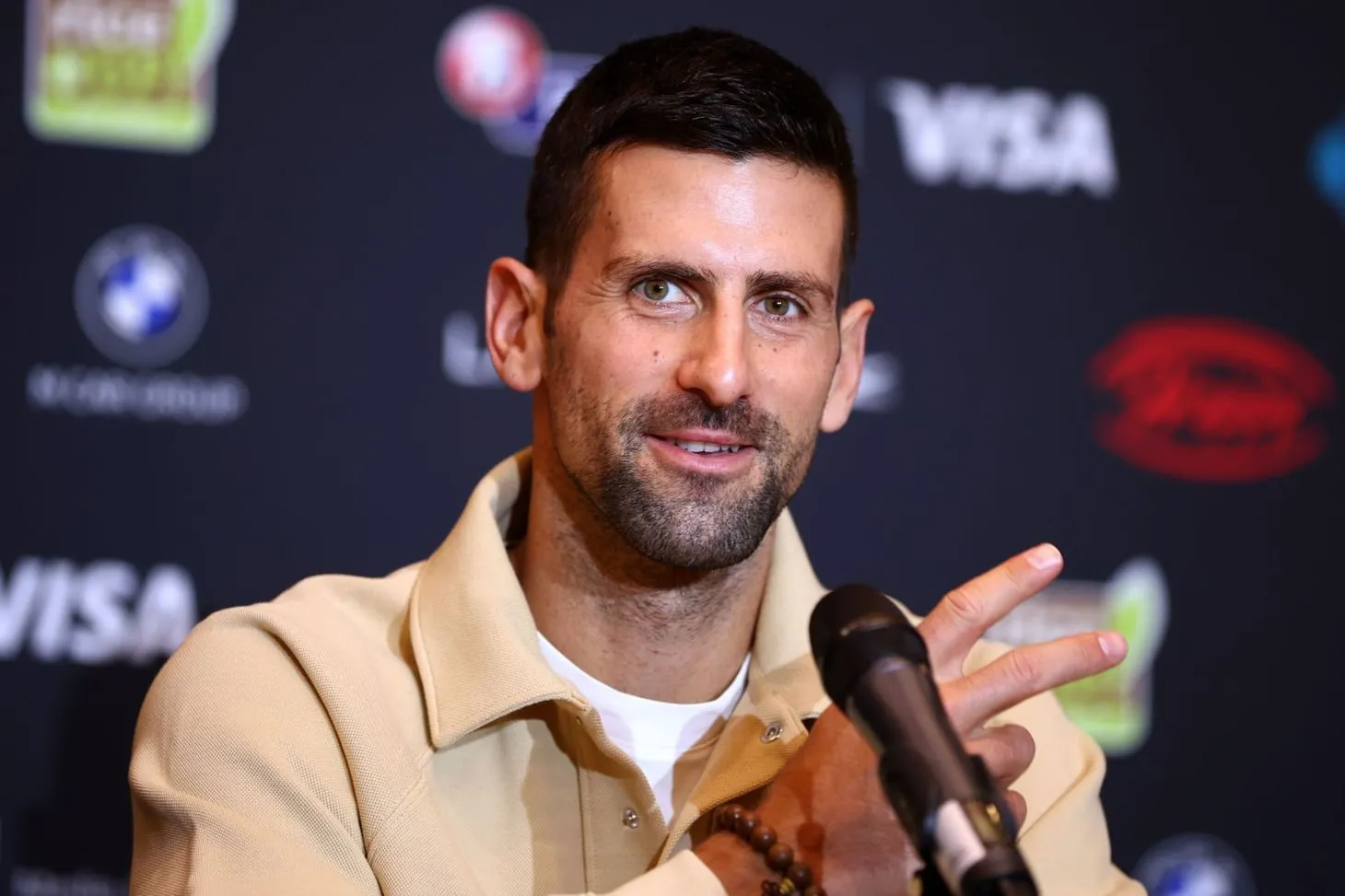
Novak Djokovic Breaks Down: Life Hasn’t Been the Same Since Federer and Nadal Walked Away
The world of tennis has often been defined by its rivalries, but no era has been as intensely captivating as the one ruled by Novak Djokovic, Roger Federer, and Rafael Nadal. For nearly two decades, these three legends carried the sport to unprecedented heights, creating a golden age that drew millions of fans and ignited conversations across every corner of the globe. Yet today, only one remains on the battlefield. As Federer stepped away in 2022 and Nadal bid farewell in 2024, Djokovic suddenly found himself in uncharted emotional territory. For the man who once seemed invincible, life has not been the same since his greatest rivals walked away.
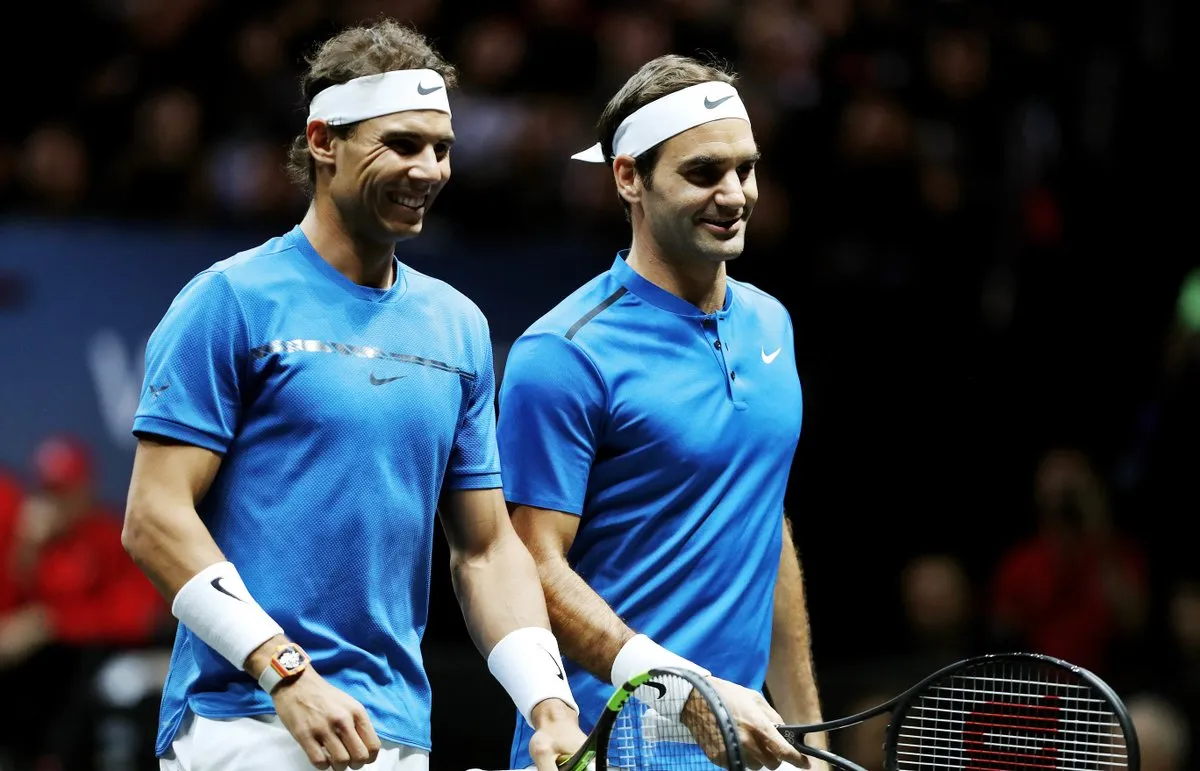
The Weight of Loneliness at the Top
For years, Djokovic thrived in a competitive cauldron where each Grand Slam was not just a tournament but a clash of titans. Facing Federer’s grace and Nadal’s relentless willpower forced Djokovic to elevate every aspect of his own game. Now, with their absence, his victories often feel incomplete. He still lifts trophies and shatters records, but in press conferences and candid interviews, the Serbian star has begun admitting something deeper: without Federer and Nadal, the fire doesn’t burn quite the same.
What Djokovic has revealed in emotional moments is not weakness but a profound sense of loss. The loneliness of dominance has become heavier than expected. His greatness, once forged in battles against equals, now stands almost isolated. Fans cheer his milestones, yet he knows that history will always judge him through the lens of his rivalries. Without them beside him, each new achievement seems to echo in an empty arena.
The Emotional Toll of Federer’s Farewell
When Roger Federer announced his retirement at the Laver Cup in 2022, the tennis world collectively paused. Federer’s tears, his hand clasped tightly with Nadal’s, and the standing ovation from both fans and peers painted one of the most iconic moments in sports history. But hidden within that night was Djokovic’s own quiet breakdown.
He later admitted that seeing Federer go was like losing a piece of himself. Federer had been more than a rival; he was the mirror against which Djokovic tested his craft. Facing Federer’s artistry and elegance pushed Djokovic to refine his own precision and mental steel. Without that constant challenge, he confessed, tennis began to feel different—less like a battlefield and more like a stage missing its co-star.
Even more than the rivalry, Federer symbolized the glamour and elegance of the game. Djokovic, who often battled for public affection, found in Federer both an obstacle and an inspiration. Now, without him, there’s a void not just in competition but in the entire atmosphere of professional tennis.
Nadal’s Departure: A Deeper Wound
If Federer’s farewell was a graceful sunset, Rafael Nadal’s exit in 2024 was a storm that left Djokovic emotionally shaken. Their rivalry was arguably the most grueling and dramatic in tennis history. They clashed on every surface, from clay to grass to hard courts, with each battle resembling a marathon of wills. Djokovic has often admitted that no one pushed him to his limits like Nadal.
When Nadal walked away, citing his body’s refusal to endure further punishment, Djokovic’s response was raw. He didn’t hide behind clichés or rehearsed words. Instead, he openly spoke about the emptiness of stepping onto a court knowing Nadal would never be on the other side. Their duels were not just matches; they were wars that defined an era. Without Nadal, Djokovic admitted, the sport feels hollow.
The bond between them extended beyond competition. Despite their ferocious battles, Djokovic often admired Nadal’s humility and authenticity. They shared countless moments in the locker room, during charity events, and across press tours. Losing Nadal meant losing not only a rival but also a brother who understood the sacrifices and scars of living under the spotlight for nearly two decades.
Redefining Greatness in an Empty Arena
For fans, Djokovic’s continued dominance cements his place as perhaps the greatest player of all time. Yet Djokovic himself views greatness differently. For him, it was never just about collecting Grand Slam titles or surpassing statistical milestones. It was about proving himself against the very best. Without Federer and Nadal, the context of his victories feels altered.
This has led to visible cracks in his emotional armor. At tournaments where he once thrived under pressure, he has shown signs of vulnerability. At times, his post-match interviews drift into nostalgia, reminiscing about epic nights under the lights against Federer or grueling five-set marathons with Nadal. He often notes that while records matter, they pale in comparison to the thrill of those rivalries. The hunger to prove himself remains, but the feast feels incomplete without his greatest challengers.
The Burden of Being the Last Standing Legend
Another challenge Djokovic faces is the burden of carrying the torch alone. For years, the “Big Three” shared the spotlight, each balancing the weight of expectation. Now, Djokovic shoulders it almost entirely on his own. Younger players like Carlos Alcaraz and Jannik Sinner bring excitement, but they do not yet evoke the same gravitas as Federer or Nadal.
This imbalance has left Djokovic emotionally exhausted. Every time he steps onto the court, he is not just competing but also representing the final chapter of a legendary era. Fans who once divided their loyalties among three giants now direct both their admiration and their criticism squarely at him. It is a lonely existence, even for a man who has always thrived on adversity.
Private Struggles Behind Public Glory
While Djokovic continues to chase history, the emotional toll is evident behind the scenes. Insiders close to his camp have spoken about his moments of solitude, where he reflects on what tennis has lost. Friends say he watches old matches of himself against Nadal and Federer, replaying rallies that defined not only his career but also the collective memory of fans around the world.
This introspection has revealed a softer side of Djokovic. Known for his fiery temperament and relentless drive, he has now become more reflective. He acknowledges openly that victories without Federer and Nadal do not carry the same emotional weight. He has even described some of his recent triumphs as “bittersweet,” a word rarely heard from a man who once lived for competition above all else.
The Future of Djokovic and the Legacy of the Rivalries
Despite the emotional struggles, Djokovic’s legacy remains untouchable. He has outlasted his rivals and secured a record-breaking number of Grand Slam championships, ensuring his place in history. Yet what defines him most may not be the numbers but the battles he fought against Federer and Nadal. Those rivalries immortalized all three men, etching their names side by side in the annals of sports history.
Looking forward, Djokovic has admitted that he will eventually face his own farewell. When that day comes, he hopes to share the same kind of emotional send-off that Federer and Nadal received. But until then, he continues to play not just for records but also to honor the spirit of the rivalries that shaped him.
A Changed Man in a Changed Sport
Ultimately, the absence of Federer and Nadal has transformed Djokovic. He is no longer the relentless chaser of records but a man deeply aware of what he has lost. Tennis without them is not the same game, and Djokovic without them is not the same man. His breakdowns, his confessions of loneliness, and his nostalgia for the past reveal a vulnerability rarely seen in champions of his stature.
For fans, this honesty has made him more human. While some may still debate who the greatest player truly is, few can deny that Djokovic’s candid reflections show just how much the golden era meant—not only to the world but to the man who now carries its final torch.
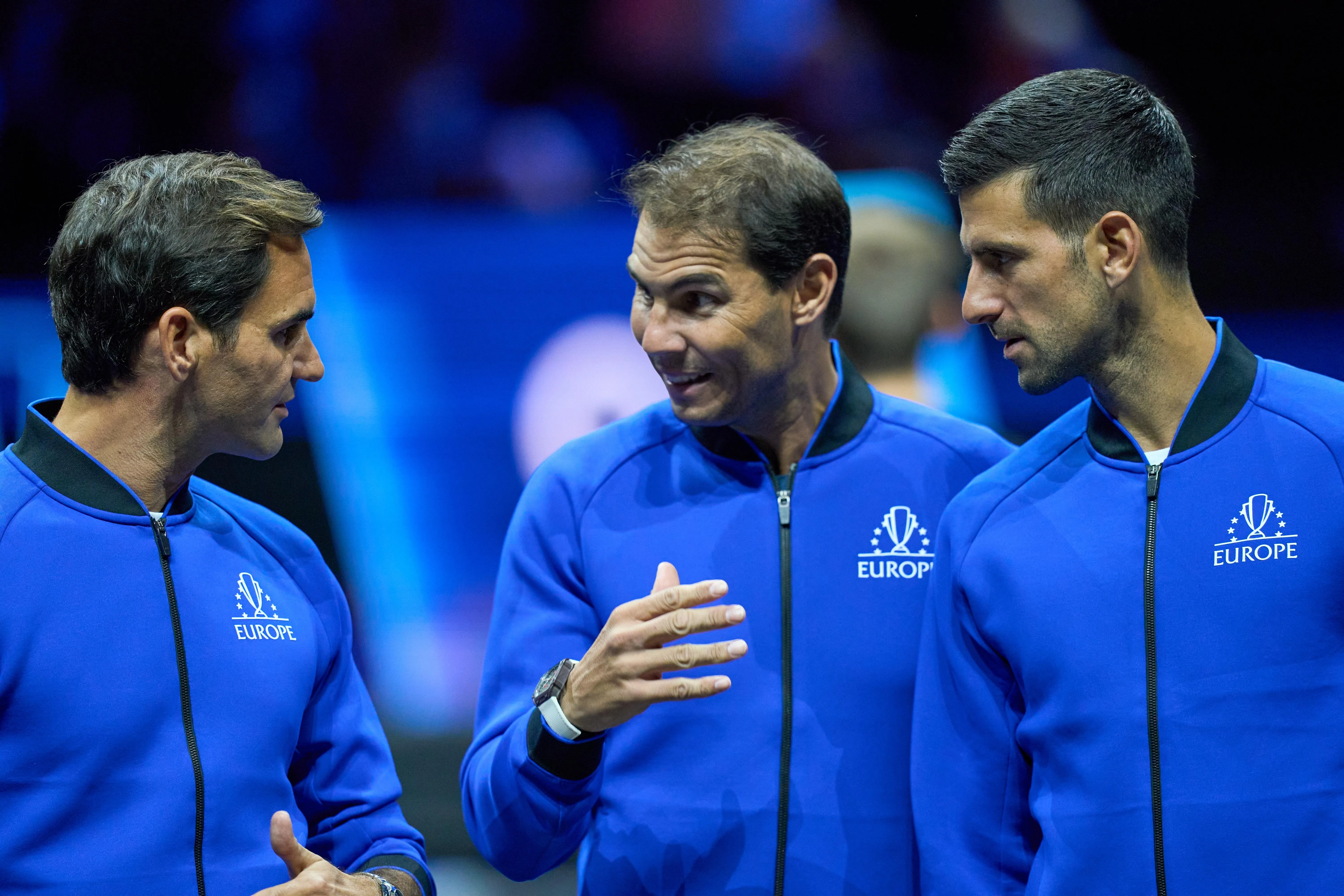
Conclusion: The Last Warrior Standing
As Novak Djokovic continues to play, every match feels like both a celebration and a eulogy. He celebrates his own dominance, his longevity, and his ability to keep competing at the highest level. Yet he mourns the absence of the two men who made him who he is. Without Federer’s elegance and Nadal’s grit, the world’s number one finds himself navigating a lonely road, carrying memories of epic battles that will never happen again.
Life hasn’t been the same since Federer and Nadal walked away. And perhaps, for Djokovic, it never will be. Yet in that sadness lies a powerful truth: greatness is not just about victories but about the rivals who make them meaningful. For Djokovic, the greatest rivals are gone, but the legacy they built together will echo for eternity.








